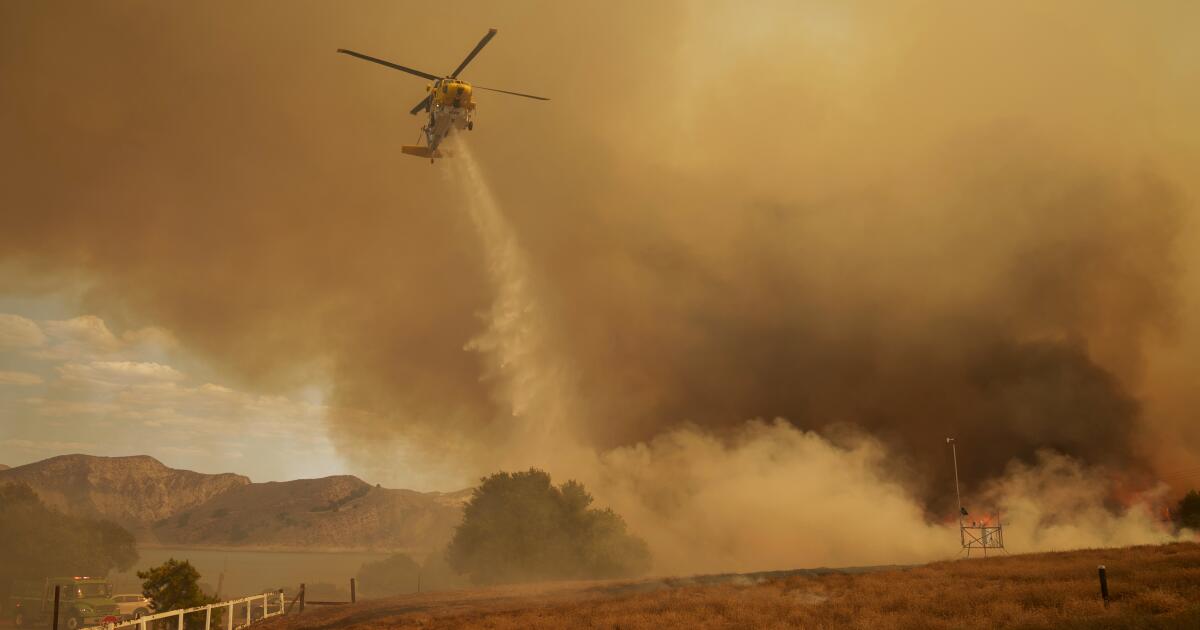But those setbacks may have an unintended and dangerous consequence, according to current and former government officials in the US, Israel and the Arab world. They fear that Iran, backed into a corner and feeling more threatened, may speed up its nuclear advances and pursue atomic weapons.
Hardline factions inside Iran may push supreme leader Ayatollah Ali Khamenei to order the development of nuclear weapons, arguing against others within the establishment who want the government to focus on improving relations with the West. According to one Israeli official, Khamenei is likely calculating which way to go.
“If the proxy forces are not effective for their national strategy any more, if they realise that their conventional forces aren’t anywhere close, then the only other option from their perspective would be to try to acquire enough nuclear weapons to make it very difficult to strike Iran without risking a nuclear retaliation,” said Mick Mulroy, a retired Central Intelligence Agency Officer and a fellow at the Middle East Institute.
Acquiring such weapons would be a longer-term step for Tehran and wouldn’t immediately factor into the current conflict in the Middle East. Nuclear material would still need to be engineered and put into a deliverable warhead. That could take months, depending on the sophistication of the device.
But the prospect of an Iranian nuclear breakout is fuelling fresh alarm of a catastrophic escalation in the tension with Israel, which is believed to have a significant number of nuclear weapons of its own – though the government has never acknowledged it.
Iran’s next steps may also depend on how Israel chooses to respond to Tuesday’s missile barrage – and assessing whether that attack was actually designed to inflict major damage or just meant to send a message. Many of Iran’s missiles got through Israel’s air defences though they caused little damage.

.jpg&h=630&w=1200&q=75&v=20170226&c=1&w=350&resize=350,250&ssl=1)


















